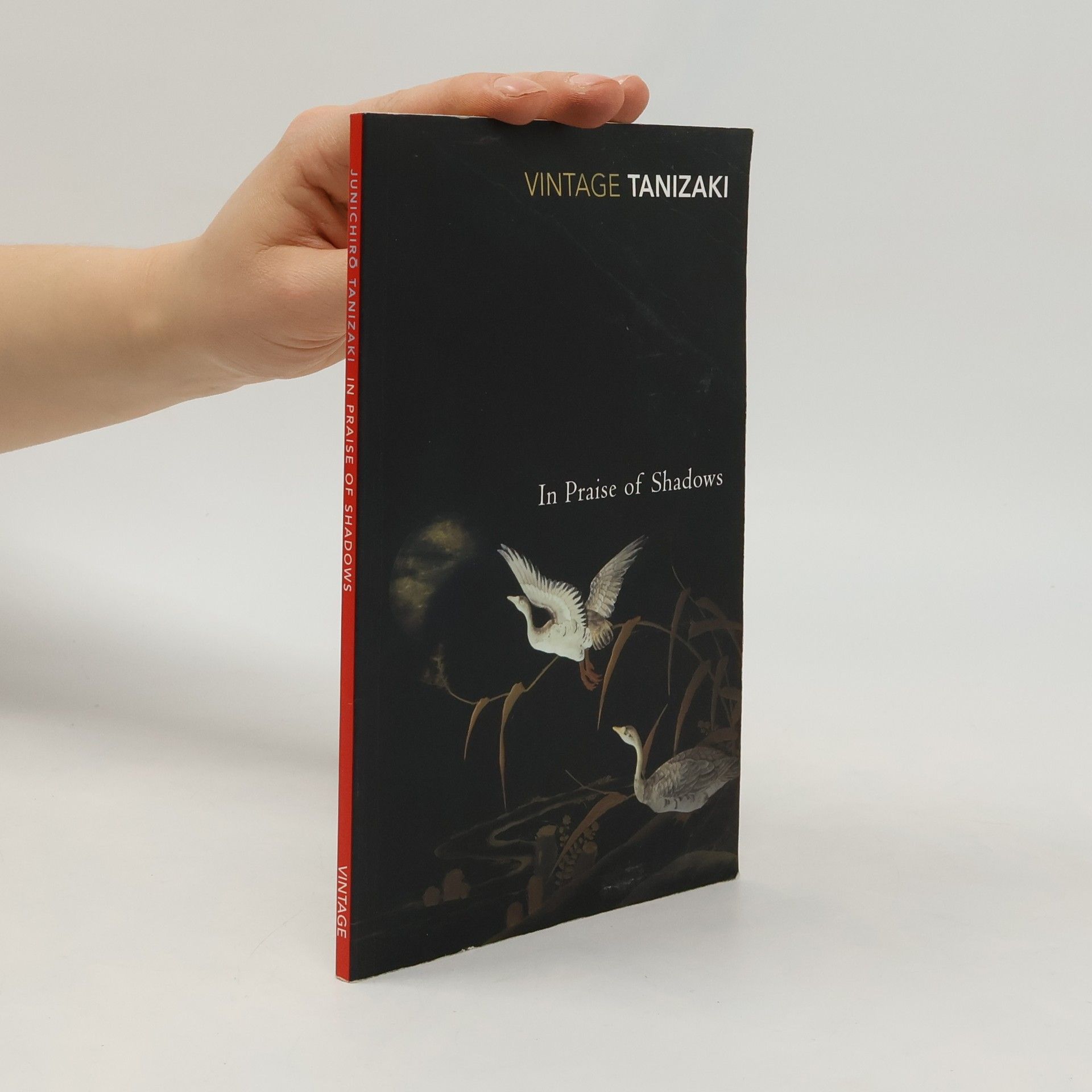Ryōko Sekiguchi Books
This author explores the complexities of the human psyche and relationships through their incisive writing. Their works often delve into themes of identity, memory, and the search for meaning in the modern world. With precise language and a deep understanding of human nature, they craft characters that resonate with readers through their authenticity. Their literary style is characterized by a poetic rhythm and an ability to capture subtle emotional nuances.




Nagori
Die Sehnsucht nach der von uns gegangenen Jahreszeit
Als Ryoko Sekiguchi den Küchenchef eines beliebten Bistros in einem Vorort von Tokio nach dem servierten Gemüse fragt, das schon nicht mehr zur Saison passen will, antwortet er: »Da ich sehr viel älter bin als Sie, weiß ich nicht, ob ich dieses Gemüse auch im nächsten Jahr noch genießen darf.« Wie viele Jahreszeiten birgt ein Jahr, ein Leben, eine Küche? Was ist eine »sai sonale Frucht«? Hat auch ein Fisch »Saison«? Nagori, wörtlich »der Abdruck der Wellen«, bezeichnet in Japan die Wehmut der Trennung im Vergehen der Jahreszeit, Wehmut nach diesem letzten Genuss am Ende der Saison. Der Geschmack von Nagori ist der des bevorstehenden Abschieds und der Sehnsucht nach Wiederkehr. Dieses verblüffende und im Wortsinne geschmackvolle Buch ist nicht nur eine Einladung, die kunstvolle Poetik und Küche Japans zu entdecken. Es hinterfragt auch die unterschiedlichen, unser Leben bestimmenden Zeitlichkeiten und stellt uns die Lebensmittel als eigenständige Wesen vor. Die literarische, kulinarische und kulturelle Reise von Japan über Rom nach Paris zu großartigen Köchen, köstlichen Gerichten und unbekannten Zutaten ist eine kurze Ästhetik über die flüchtige Handschrift von Geschmäckern und Aromen in unseren Körpern und die Erinnerung in den Landschaften und nicht zuletzt in der Literatur.
In praise of shadows
- 80 pages
- 3 hours of reading
Librarian note: An alternative cover edition can be found hereThis is an enchanting essay on aesthetics by one of the greatest Japanese novelists. Tanizaki's eye ranges over architecture, jade, food, toilets, and combines an acute sense of the use of space in buildings, as well as perfect descriptions of lacquerware under candlelight and women in the darkness of the house of pleasure. The result is a classic description of the collision between the shadows of traditional Japanese interiors and the dazzling light of the modern age.
Nagori : japonská kronika
- 126 pages
- 5 hours of reading
Nagori je japonský výraz, doslova „stopy vln“, vyjadřující nostalgii z loučení, zejména zármutek, že určitá roční doba končí. Krátký text o pomíjivosti, zmiňující japonské poetické i kulinární umění, je zamyšlením nad naším vztahem k času, fascinující je v tomto ohledu srovnání japonského a evropského vnímání včetně jistého přesahu do politiky. Ve skutečnosti však původně šlo také o pozvánku pro stipendisty, kteří s autorkou sdíleli roční pobyt v římské Villa Medici, na večeři o jednom stu ingrediencí, kterou pro ně autorka v souvislosti s úvahami o ročních obdobích připravila.